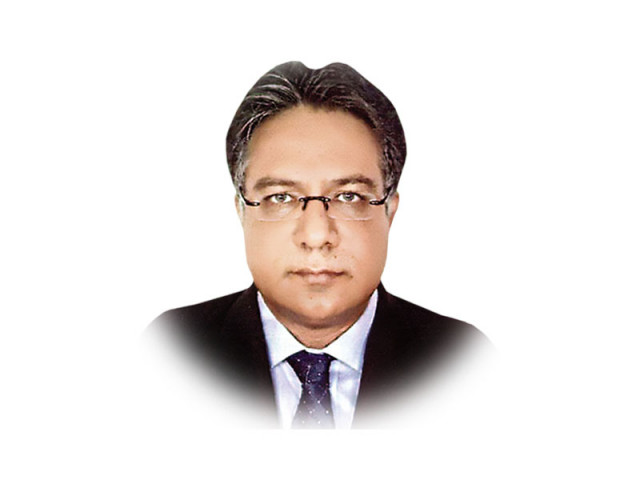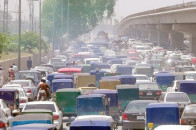Corruption politics
Bureaucracy ignores legislators, and that institutions had labelled politicians as the most corrupt.

He had two grievances: one, that the bureaucracy ignored legislators and brushed aside their requests and complaints; and two, that other important institutions (like the judiciary and armed forces, though he didn’t name them) had labelled politicians as the most corrupt even though this was a fallacy.
On his first grievance, which is generally shared by all MPAs whether from the treasury or opposition, the politicians have no one but themselves to blame. The bureaucrats do not act on their own. Most of the time, they are instructed by the boss about what treatment to give to each MPA, and the boss is mostly another politician. He sets the rules of the game by telling the bureaucrats which MPAs can have access to him and whose complaints or requests cannot be ignored. The bureaucrats, as they are trained, have little time for all other legislators deemed ordinary.
When MPAs start treating bureaucrats like they are their masters, they lose the right to complain. Also, when they ask these bureaucrats for illegal transfers and postings, they provide the officials a whip to lash them with. The officer concerned ticks off the politician because he knows the task is illegal or violates the rules of business, deflating the politician’s ego in the process.
Basra, however, was right on the second count. It is fashionable to label politicians corrupt, and the label is accepted credulously. The image of politicians as corrupt and amoral creatures willing to sell their grandmothers for a commission has been created painstakingly over decades by the bureaucracy and other institutions of the state in a classic case of the pot calling the kettle black.
The image has been carefully crafted to hide the huge usurpation of resources and powers by these institutions. Bureaucrats, like politicians, are junior partners in these acts of corruption committed by the powerful institutions of the state. The media also finds it much easier to lay the blame at the door of politicians, because there is less danger of reprisals from the politicians. Blaming those who may not be blamed could hurt – literally the bureaucrats and the journalists. The bureaucrats, having a field day with all the perks and benefits they can get from the system, switch sides at a moment’s notice and blame corruption on the weaker party, which is almost always the politicians.
So when Basra, who was practically wailing, complained that the media was demonising MPAs who made Rs45,000 per month by counting the pennies spent on each parliamentary sessions while ignoring the siphoning off of state resources by the powerful, he found many nodding their heads in agreement.
Published in The Express Tribune, February 28th, 2012.



















COMMENTS
Comments are moderated and generally will be posted if they are on-topic and not abusive.
For more information, please see our Comments FAQ